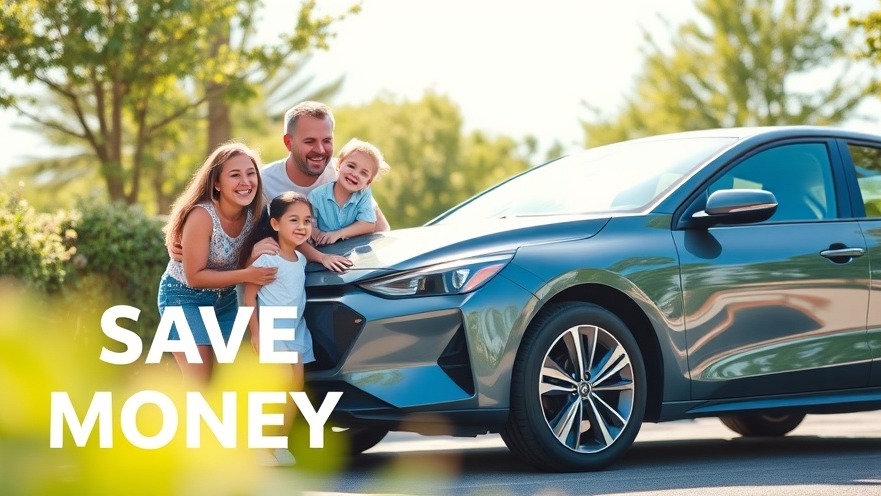
Understanding the Risks of Lemon Cars
When purchasing a vehicle, many factors come into play, from price to fuel efficiency. However, one crucial factor that should never be overlooked is the potential for a car to be a lemon. A lemon is defined as a car that exhibits continuous problems during its first few years of ownership, leading to numerous repairs without resolution. As automobile ownership becomes increasingly prevalent, knowing which models are frequented by lemon law claims is essential for consumers.
In Least Reliable Cars Most Likely To Become A Lemon, we explore the risks associated with lemon vehicles, highlighting key insights that prompted this detailed analysis.
The Brands to Watch: Top Lemon Manufacturers
Based on consumer complaints and lemon law claim data, several brands have emerged as leading contenders for unreliability.
Stellantis has unfortunately gained notoriety, particularly with its Jeep brand. Models such as the Grand Cherokee 4xe and Wrangler 4xe are reported to have critical wiring and electrical issues that pose driving hazards. Other popular Jeep models, like the Compass and Cherokee, also show fault lines prone to lemon claims, especially concerning engine troubles and electrical malfunctions.
General Motors follows closely, with models like the GMC Sierra and Chevrolet Silverado showing high instances of drivetrain problems and engine failures that can't seem to find a permanent fix. Despite multiple recalls, many consumers still face chronic issues with these automobiles.
Volkswagen and Its Missteps
Volkswagen has consistently ranked low in reliability surveys, and models such as the Atlas and Jetta frequently show up in lemon law claims. Owners have documented ongoing issues related to electrical systems and unexpected malfunctions that go unresolved, demonstrating the brand's struggle with quality control.
The Rise of Electric Vehicles
Consumers looking for electric options should also remain cautious. While vehicles like the Tesla Model 3 are generally more reliable, models like the Tesla Model S and Cybertruck have garnered an increase in complaints about drivetrain and software issues. Hyundai’s Kona Electric also stands out for severe charging problems that have led to a rise in lemon claims.
Land Rover: The Luxury Lament
Land Rover has gained a reputation as a luxury brand fraught with problems. Vehicles from this manufacturer often showcase a myriad of electrical issues and difficulties that can lead to frequent dealership visits shortly after purchase.
Importance of Lemon Laws
Understanding the lemon laws in your region is critical, as legal protection varies greatly. In the U.S., lemon laws exist to protect consumers, offering compensation or a replacement vehicle when certain criteria are met. In contrast, many Canadian provinces lack such protections, leading owners to pursue legal action in the face of a lemon. This discrepancy highlights the importance of choosing a reputable automaker from the outset.
Consumer Advocacy for Stronger Protections
As consumers become further educated about their rights, advocacy for stronger lemon laws is essential. Organizations like Car Help Corner aim to protect buyers, pushing for improvements in consumer protection across the board. Each story and experience shared can help pave the way for reforms that benefit future car buyers.
As we reflect on the complexities of car ownership, it’s crucial to remain informed about the risks associated with unreliable models. Therefore, it's wise to do thorough research before your next car purchase, ensuring that you aren't caught navigating the challenges of a lemon.
 Add Row
Add Row  Add
Add 




Write A Comment